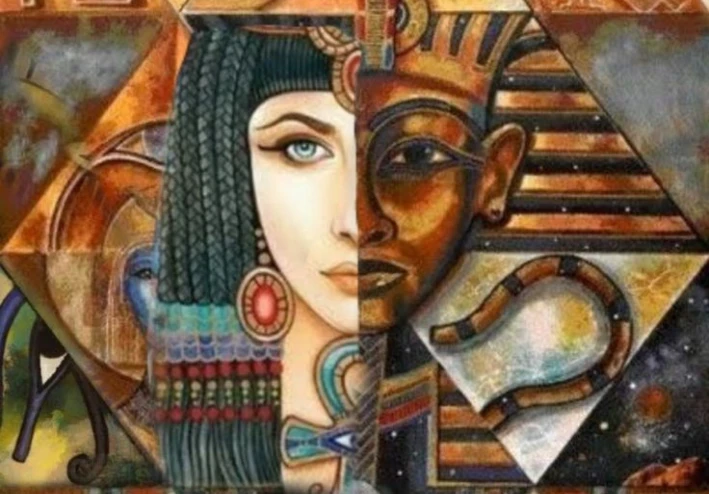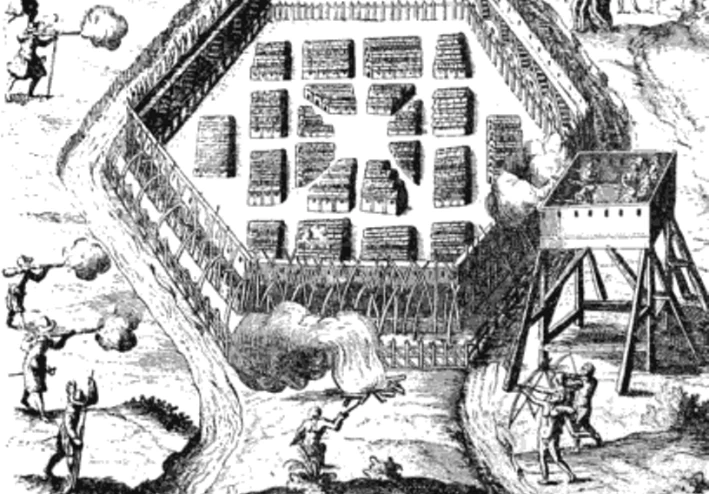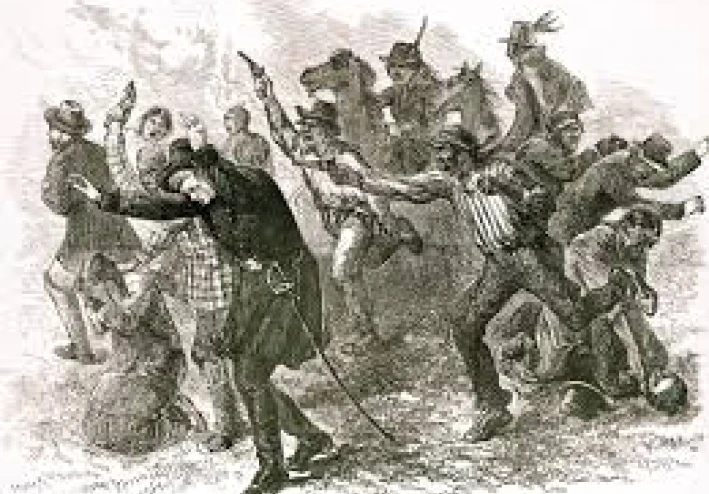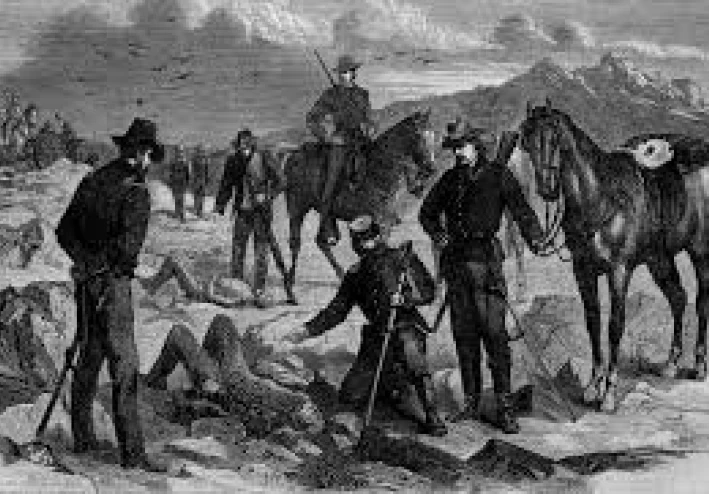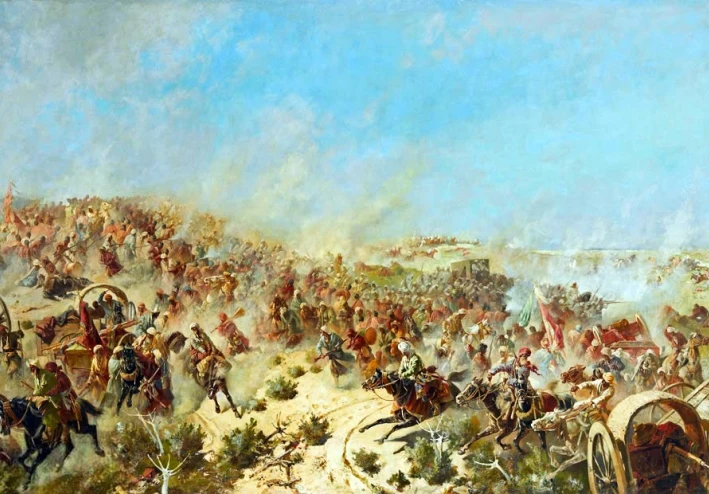• Oldest civilization:
The ancient Egyptian civilization is the oldest civilization formed on the surface of the Earth, which arose in 3150 BC.
• The beginning of ancient Egyptian civilization:
The ancient Egyptians lived a nomadic life and moved extensively in the valleys until they found one of the valleys, which contained the Nile River. After they landed in this valley, agriculture was discovered in the valley, and as a result, the ancient Egyptians settled in the Nile River Valley, and thus the era of stability began.
• Social life in ancient Egyptian civilization
: Social life was based on a hierarchical system, as ancient Egyptian society consisted of several classes, and each social class consisted of a group of individuals who shared common characteristics, interests, and goals.
At the top of the pyramid, or in the first layer, was the Pharaoh and his family, and in their grip was the political power of the country, and in the second layer were the ministers, high priests, and governors of the regions. As for the third layer, it consisted of small employees, merchants, and distinguished craftsmen, and at the base of the pyramid, or in the fourth layer, were agricultural workers, craftsmen, and shepherds.
• The family in ancient Egyptian civilization:
Families in ancient Egyptian civilization, like families in our current era, consisted of a father, mother, and children, each of whom had his rights and duties.
-The Father: One of the father’s duties was to take care of his family, preserve it, protect it, and provide for the family’s needs. As for his rights, he had the right to obedience, appreciation, and respect from his wife and children.
Mother: The mother occupied an important position in the family, and one of her duties was to supervise the affairs of her household, such as organizing, arranging, cooking, raising her children, and assisting her husband in some of his work if she could. As for the rights of the mother in ancient Egyptian civilization, she had the right to inheritance, testimony, and contracts, and she had the right to buy and sell.

